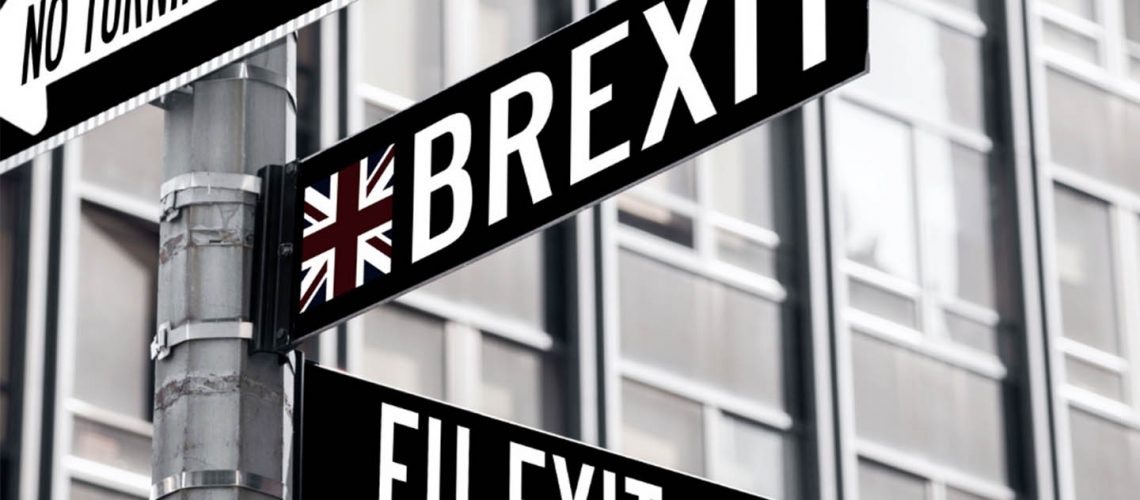At the beginning of 2021 a YouGov poll revealed that only 34% of respondents said that Brexit was an important issue facing the country. Fast forward a few months however, and the ongoing challenges for import/export businesses trying to adapt to Brexit remain significant.
Generally, these businesses have had to revise the following finance-related areas of their business:
- Import and export of goods to and from EU countries, including related VAT payments, VAT refund claims and (potentially) custom and excise duties for items that are outside of the free trade agreement; and
- Import and export of goods to and from Northern Ireland, which has its own rules.
Businesses that import goods from the EU have had to consider customs and VAT implications and generally speaking, when it comes to customs, the following is required for importing goods from EU countries:
- Having an EORI number that starts with GB – an EORI number is used to identify businesses that want to import or export physical goods to another country.
- Information regarding the origin, classification and customs value of the goods.
- Confirmation of whether the goods are controlled or have excise duty applied in addition to customs duties.
- A declaration of goods when they enter Great Britain.
- Payment of any customs duties and import VAT that may be due.
Businesses that export goods are subject to similar rules that applied prior to Brexit however, they now also need an EORI number beginning with GB.
The most significant change for most businesses that trade with the EU is a new requirement to make customs declarations, which introduces additional administrative burden and cost to the business. This burden and cost can, however, be mitigated by using a UK-based freight forwarder, customs agent or fast parcel operator.

